A score from 0-3 puts an individual at low risk for the health concerns associated with adverse childhood experiences. Around 58% of Americans have an ACE score of 1, which is a low risk score.. Programs were conducted in four main settings: home, school, community or in a clinic/healthcare setting. The goal of 60% of the programs was to focus on prevention of a known ACE. The main ACEs that were targeted included child exposure to intimate partner violence, substance use by a parent and child maltreatment.
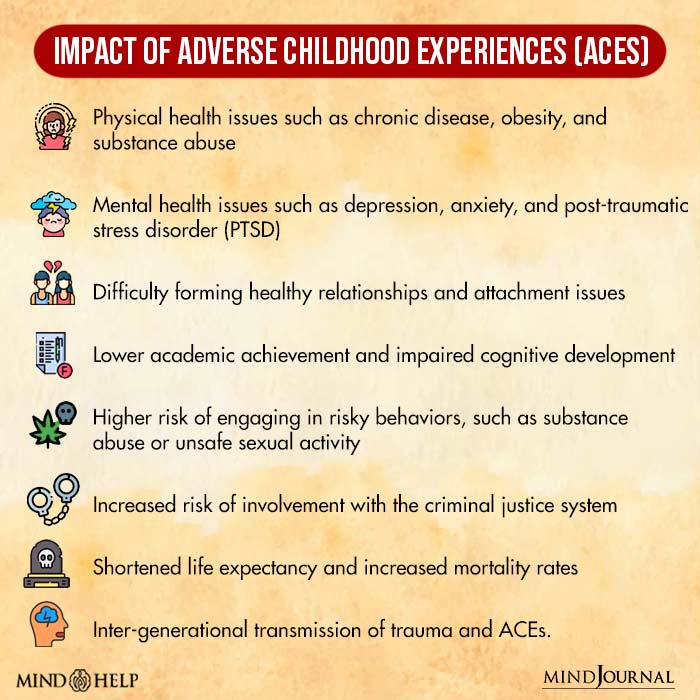
Adverse Childhood Experiences 8 Signs, Causes And Treatment
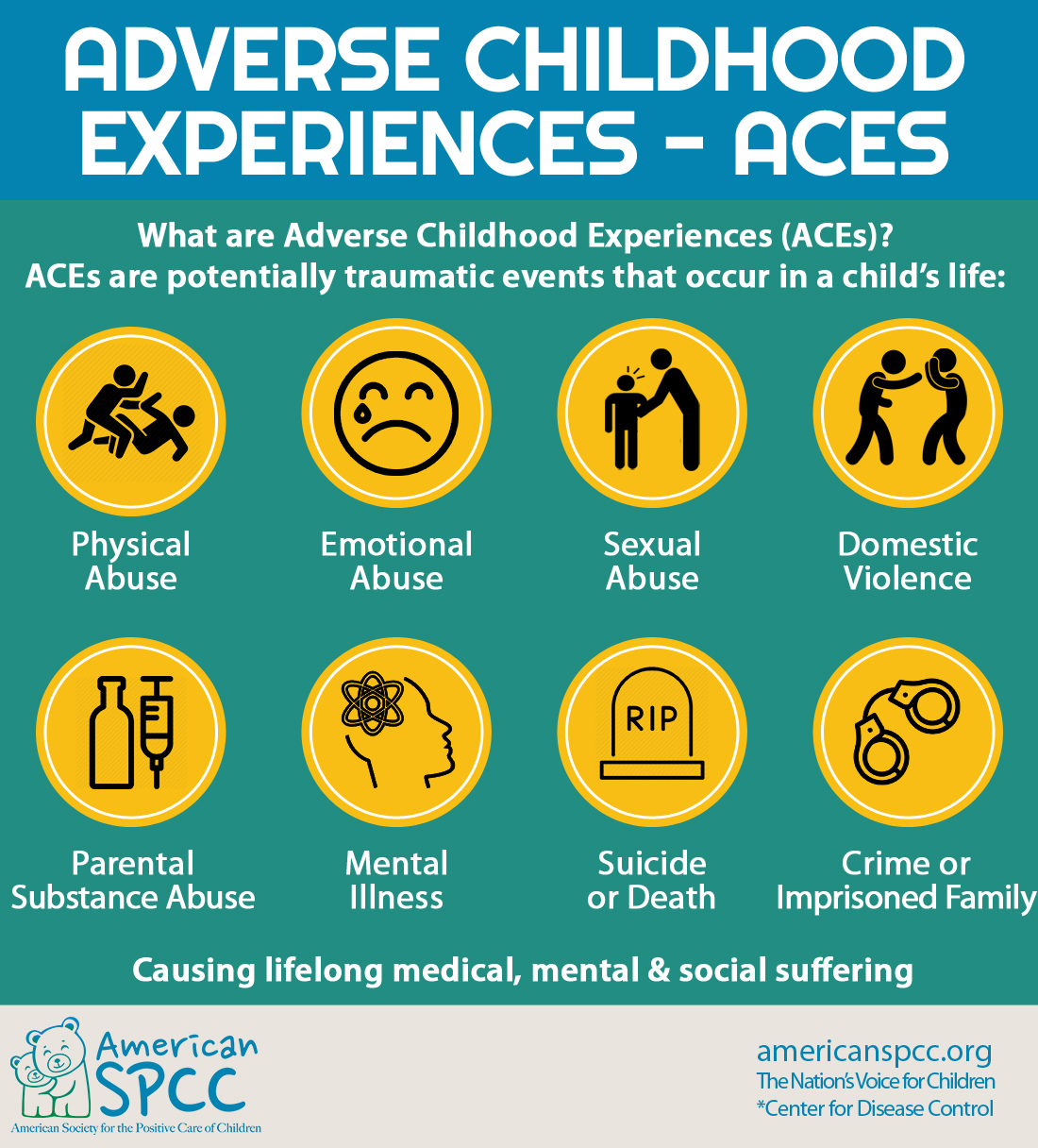
What are Adverse Childhood Experiences (ACEs)? Behavioral Health Solutions of South Texas
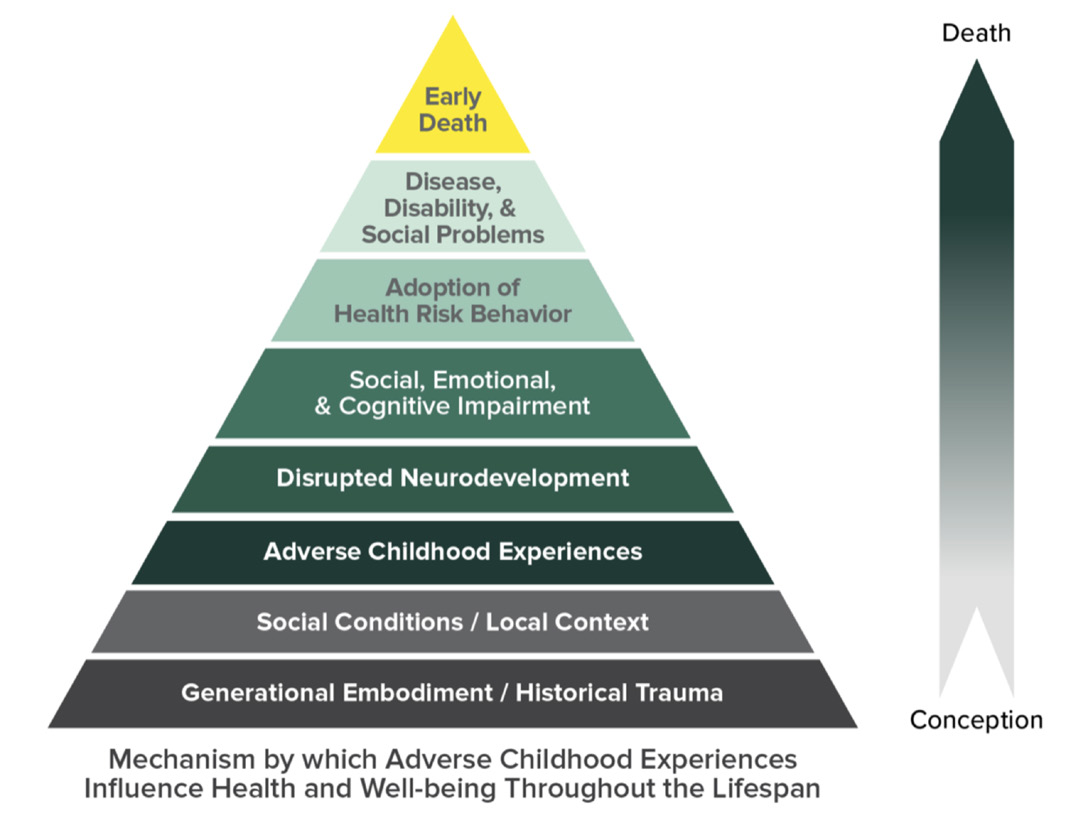
The Impact of Adverse and Protective Childhood Experiences Oklahoma State University
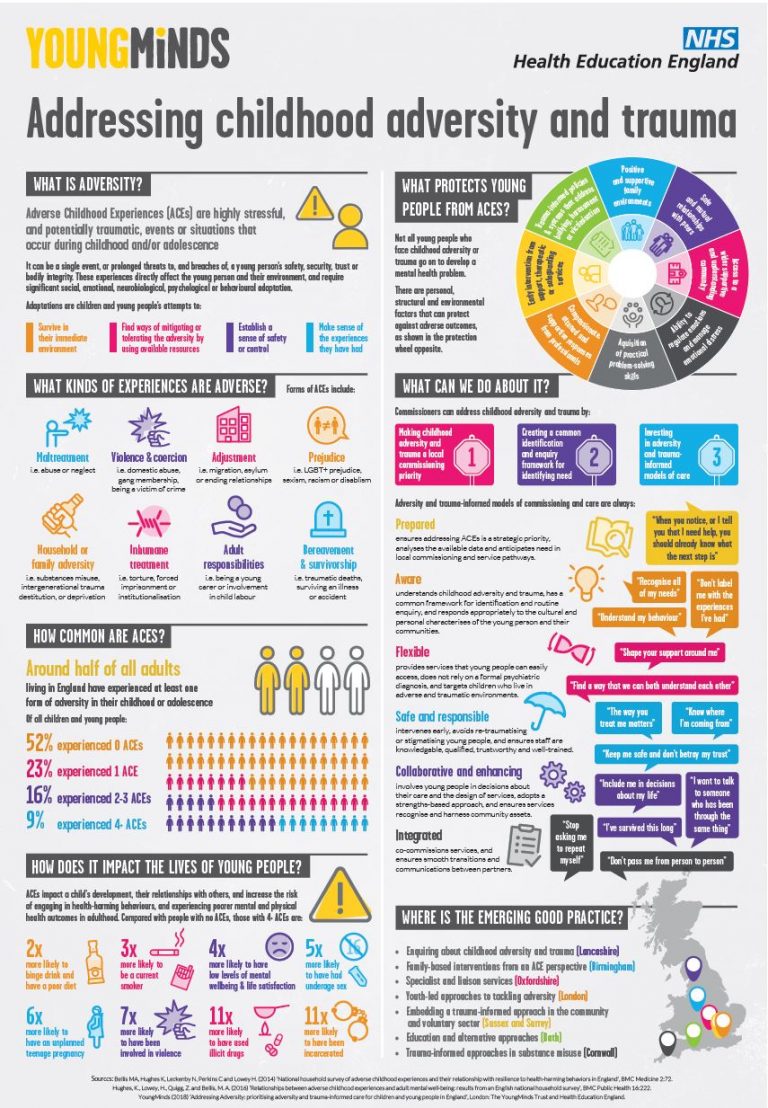
What are Adverse Childhood Experiences ACEs? Liverpool CAMHS

Adverse Childhood Experiences Scoresheet
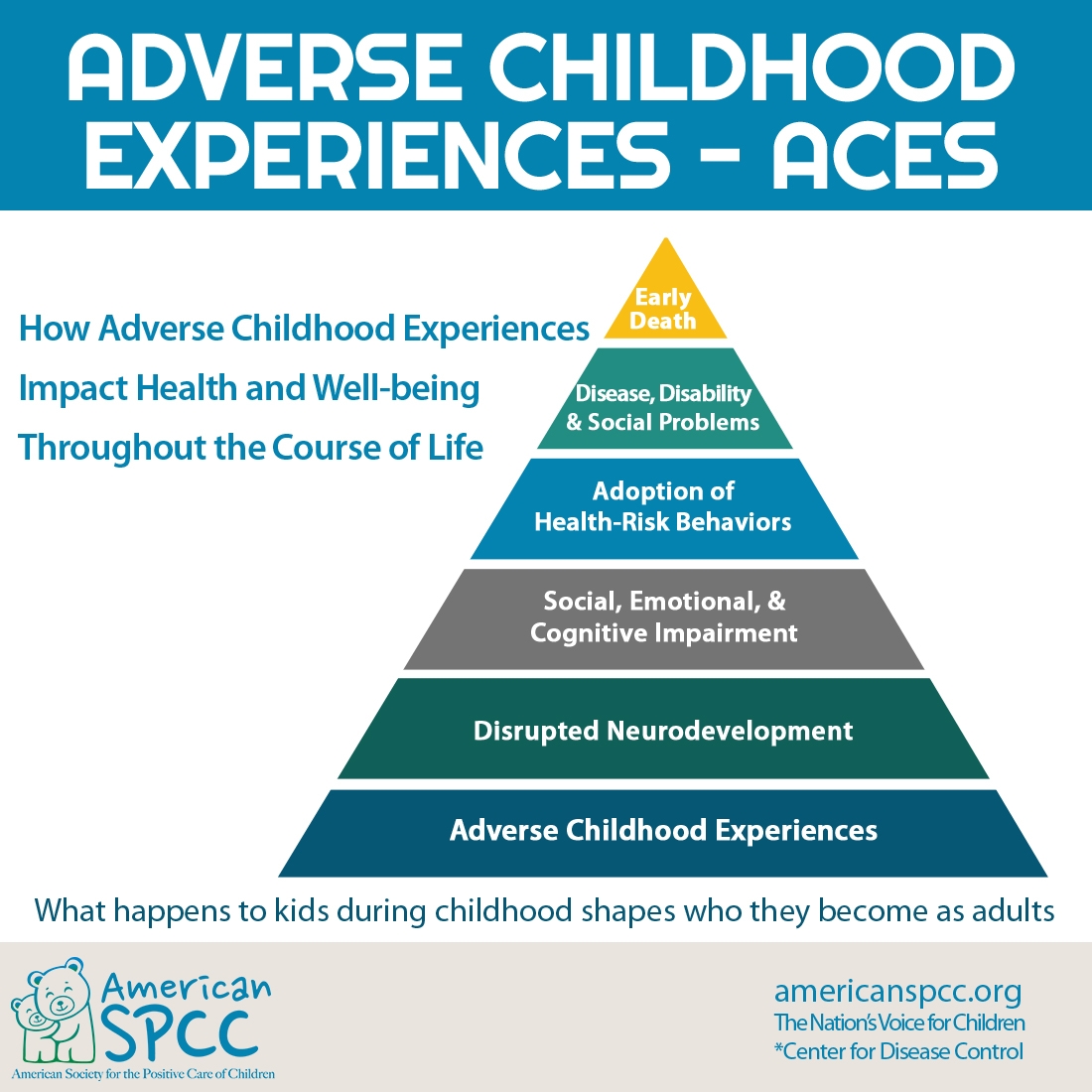
Get the Facts Adverse Childhood Experiences American SPCC
Step by Step Adverse Childhood Experiences

(PDF) Inside the Adverse Childhood Experience Score Strengths, Limitations, and Misapplications

Adverse Childhood Experiences Questionnaire PsychHelp
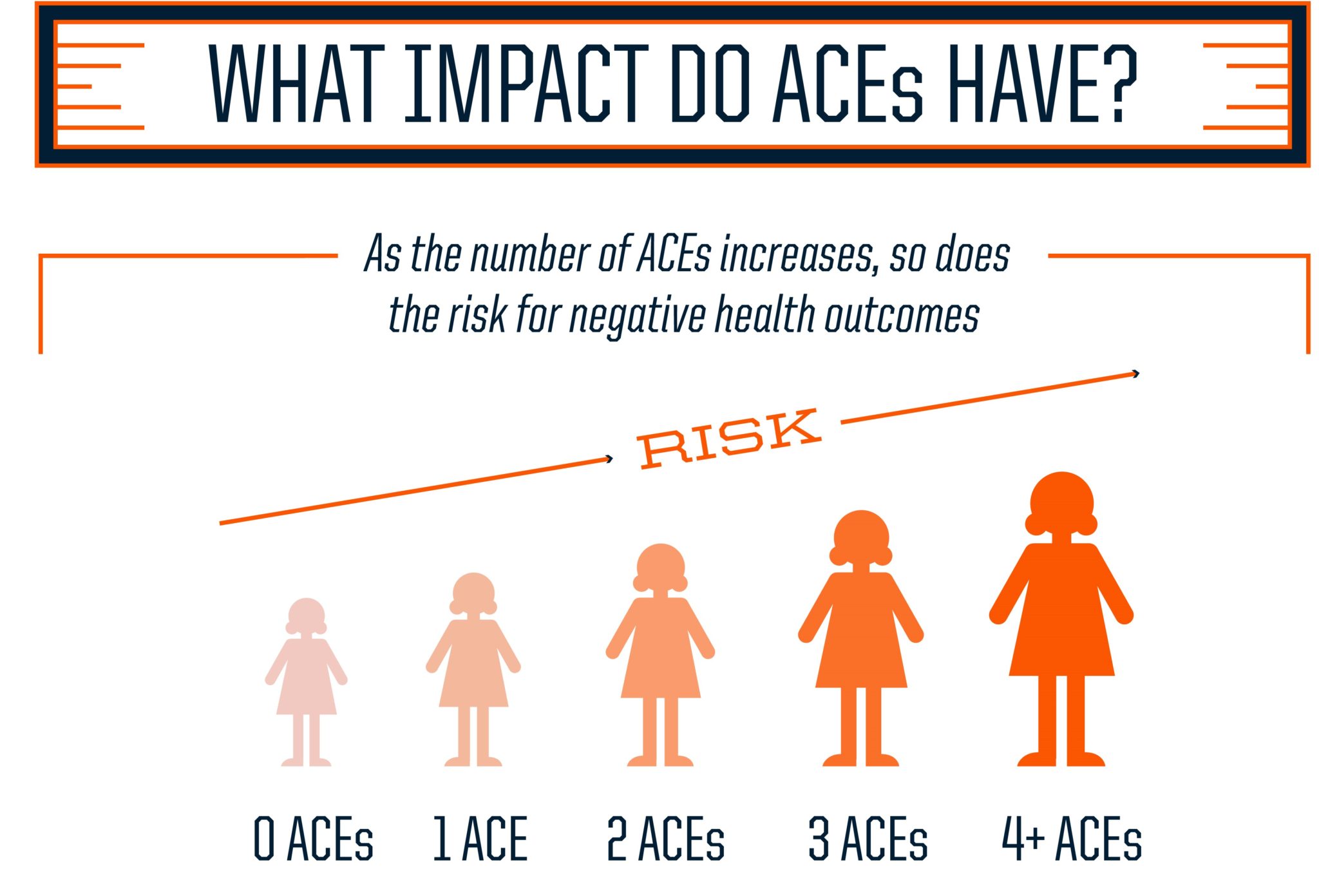
Acknowledge Adverse Childhood experiences (ACEs) Trauma Informed Churches

Adverse Childhood Experiences and Smoking During Adolescence and Adulthood Pediatrics JAMA
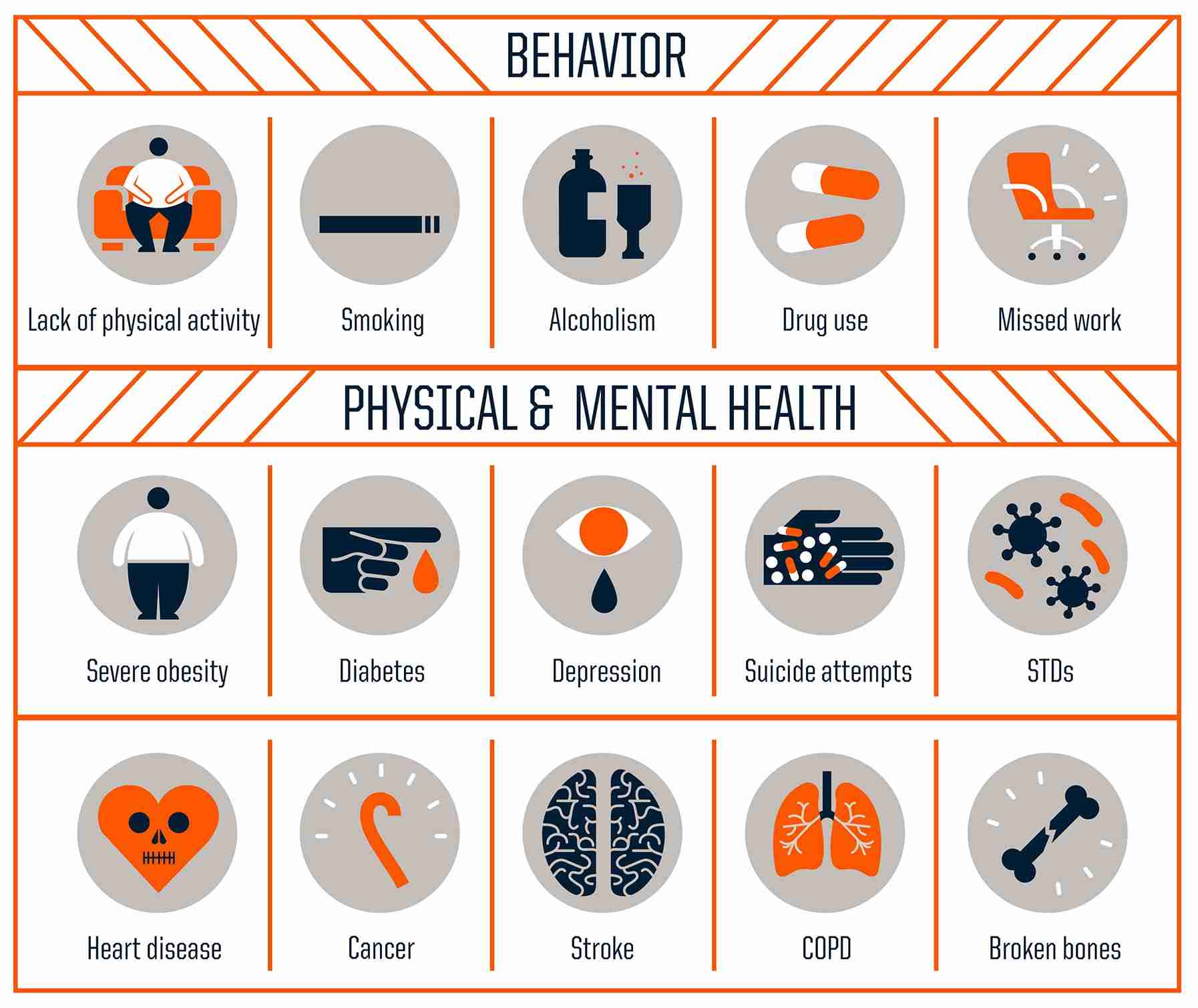
Trauma Informed Teaching Part 3 of 4 Adverse Childhood Experiences Social Emotional Learning
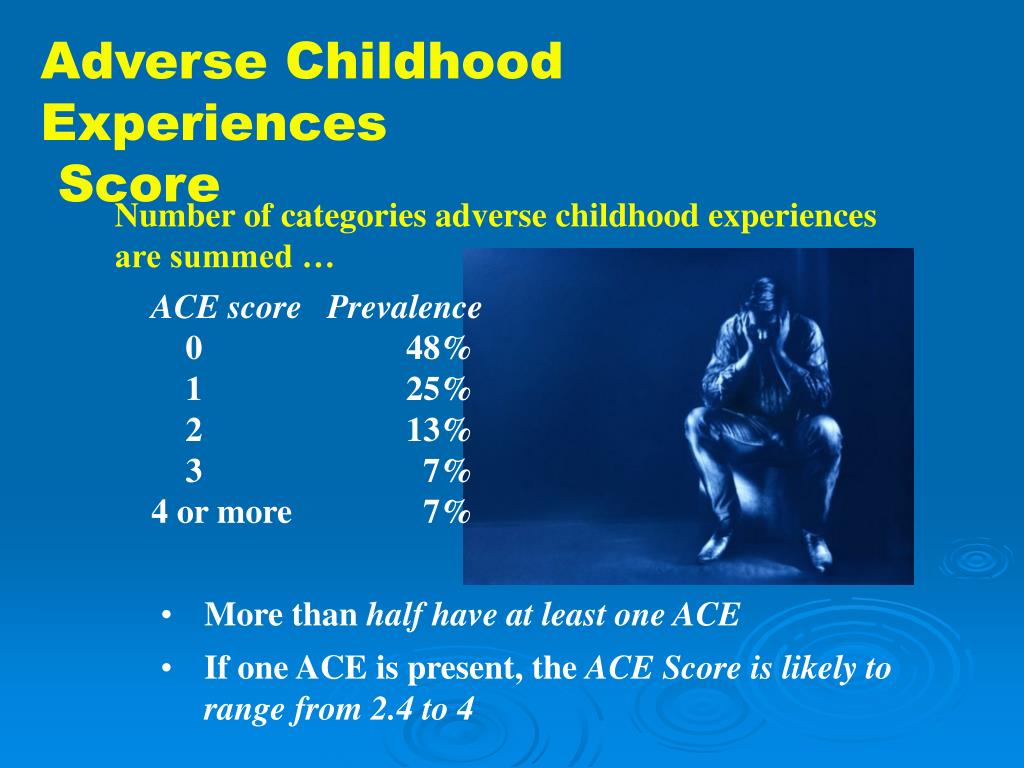
PPT Social Determinants of Health PowerPoint Presentation, free download ID2196025

PPT PROTECTIVE FACTORS AND RISK FACTORS (ADVERSE CHILDHOOD EXPERIENCES ACE’s) PowerPoint
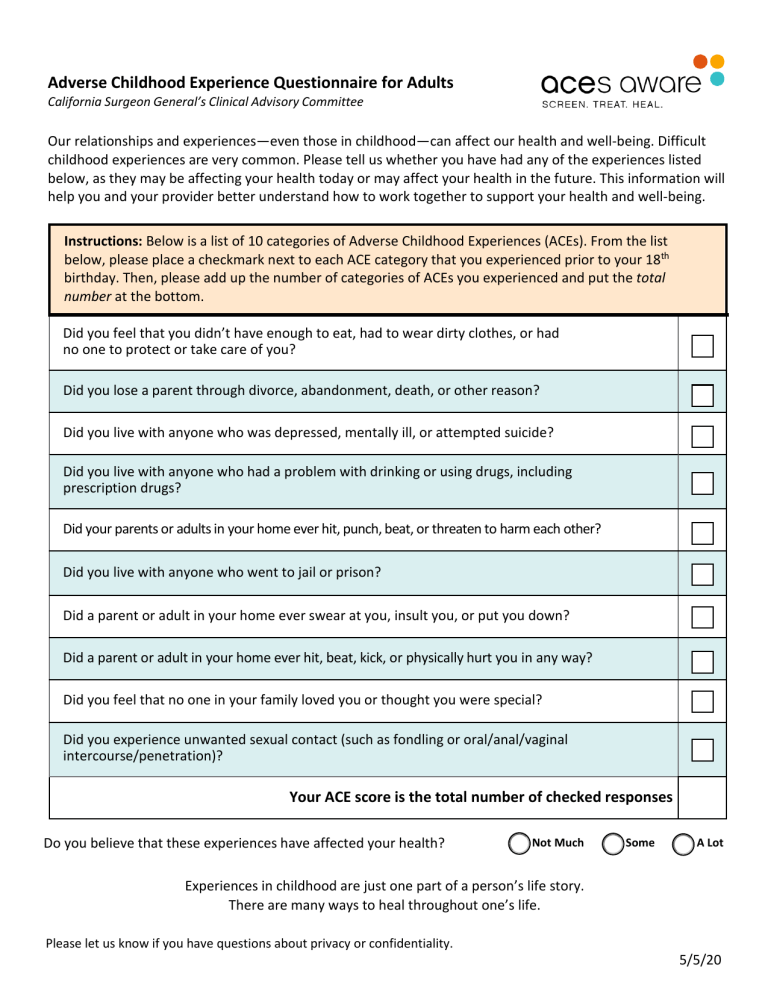
Adverse Childhood Experiences (ACEs) Questionnaire

Distribution of Adverse Childhood Experiences Download Scientific Diagram
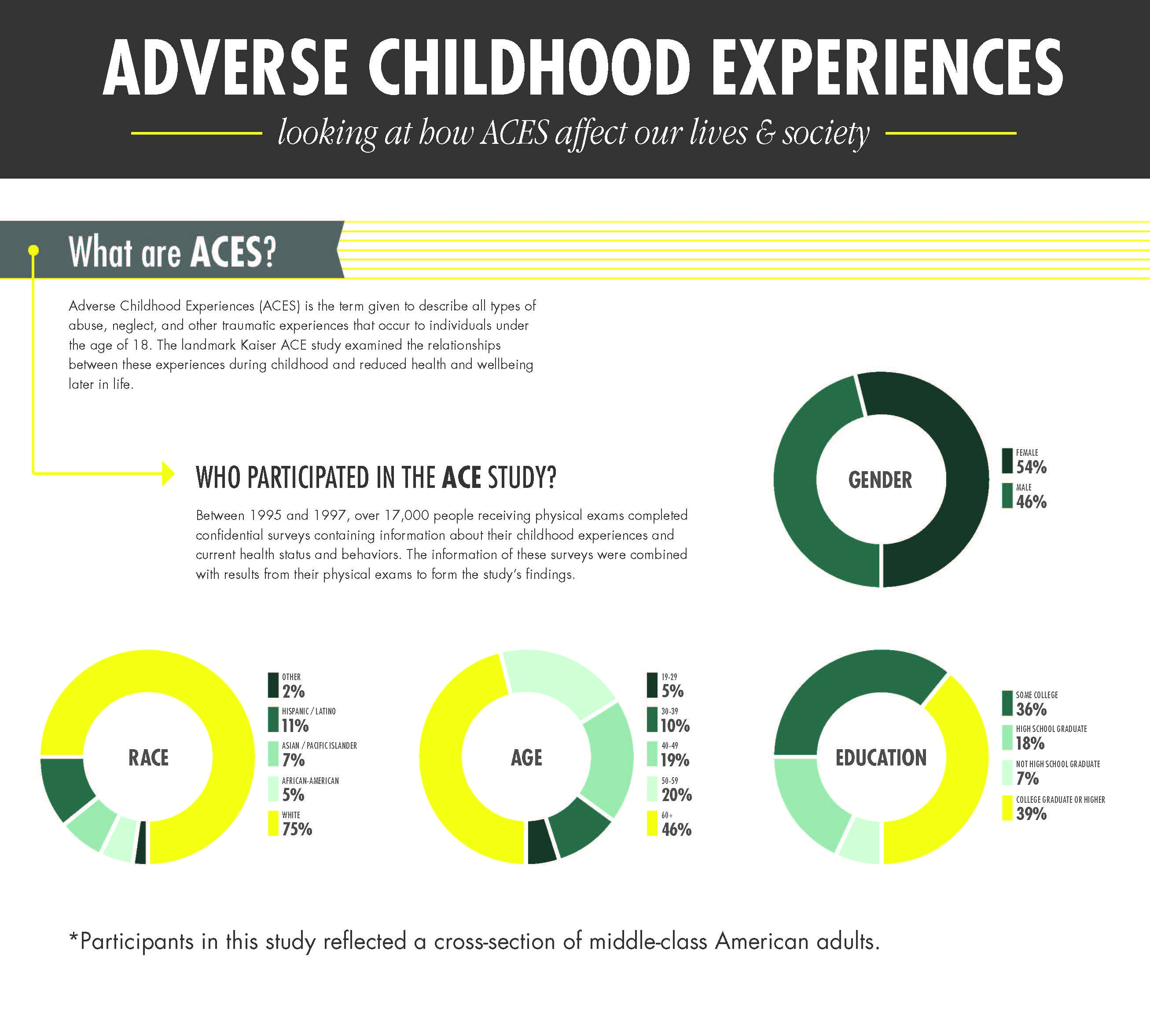
Infographic How adverse childhood experiences affect our lives and society
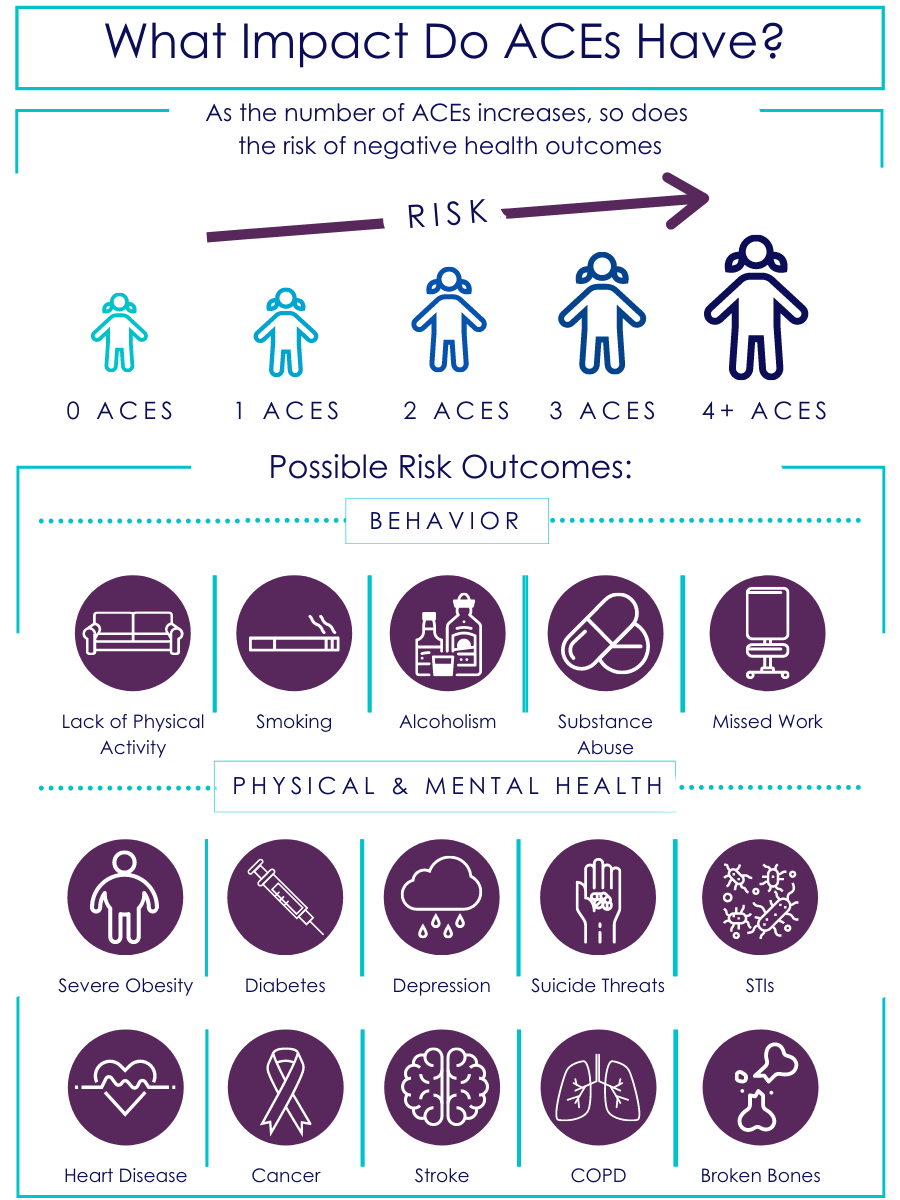
Adverse Childhood Experience Study (ACES) Advokids A Legal Resource for California Foster
![[PDF] Screening for Adverse Childhood Experiences in a Family Medicine Setting A Feasibility [PDF] Screening for Adverse Childhood Experiences in a Family Medicine Setting A Feasibility](https://d3i71xaburhd42.cloudfront.net/42f249e7f98766155f19b1f9a514784038132d35/3-Table1-1.png)
[PDF] Screening for Adverse Childhood Experiences in a Family Medicine Setting A Feasibility

PPT Adverse Childhood Experiences and their Relationship to PowerPoint Presentation ID4039934
INSTRUCTIONS. Use this tool to screen for adverse childhood experiences in adults and children. As the ACE score increases, so does the potential risk for chronic health problems. Identifying ACEs early can help with prevention and early intervention. When to Use.. Adverse Childhood Experiences impact lifelong health and opportunities. ACEs are common and the effects can add up over time. 61% of adults had at least one ACE and 16% had 4 or more types of ACEs. Females and several racial/ethnic minority groups were at greater risk for experiencing 4 or more ACEs.